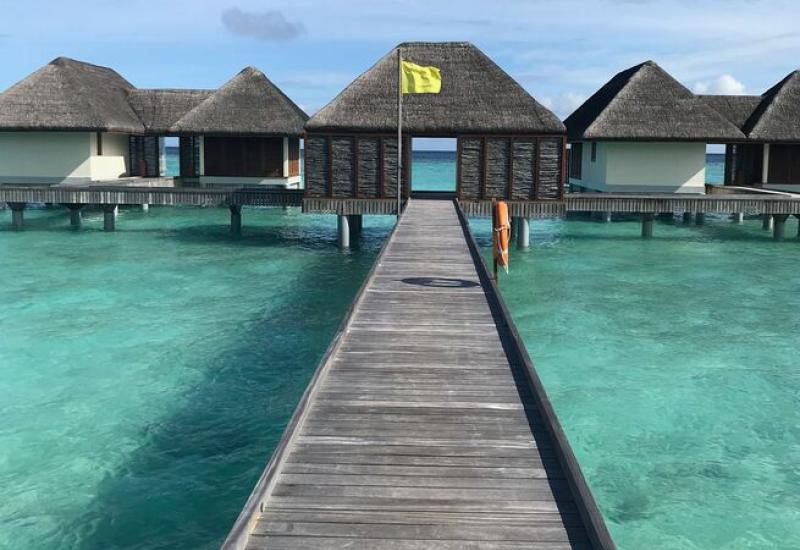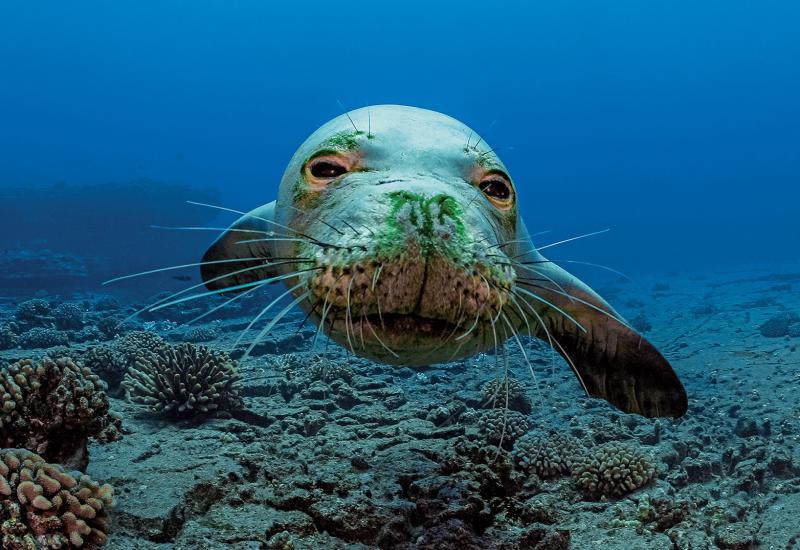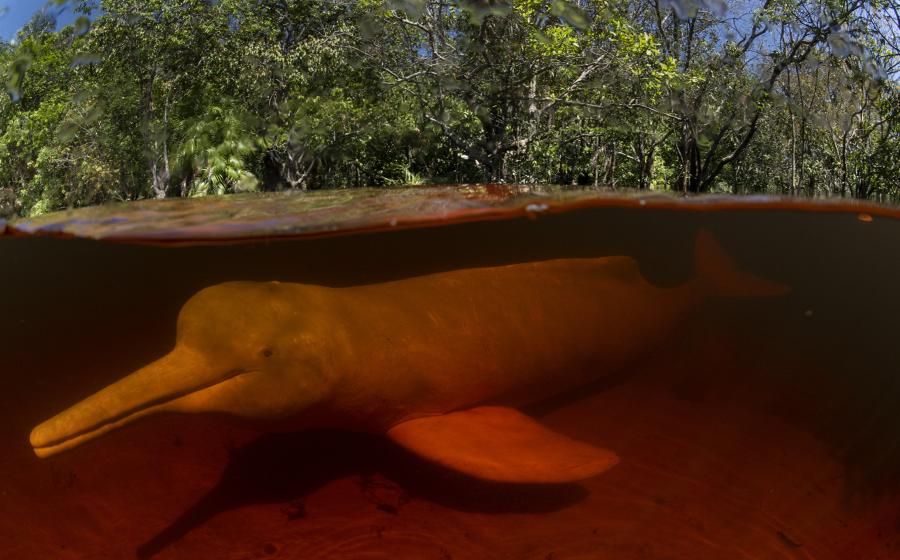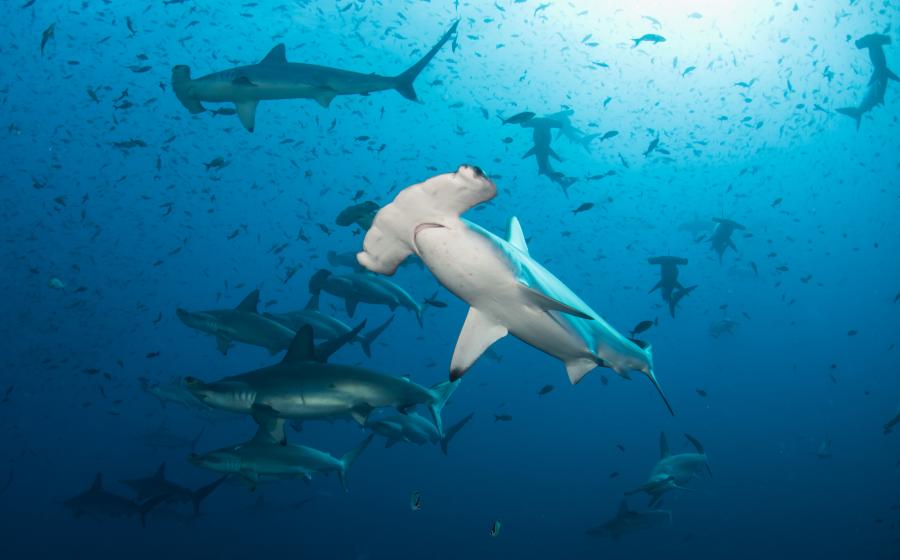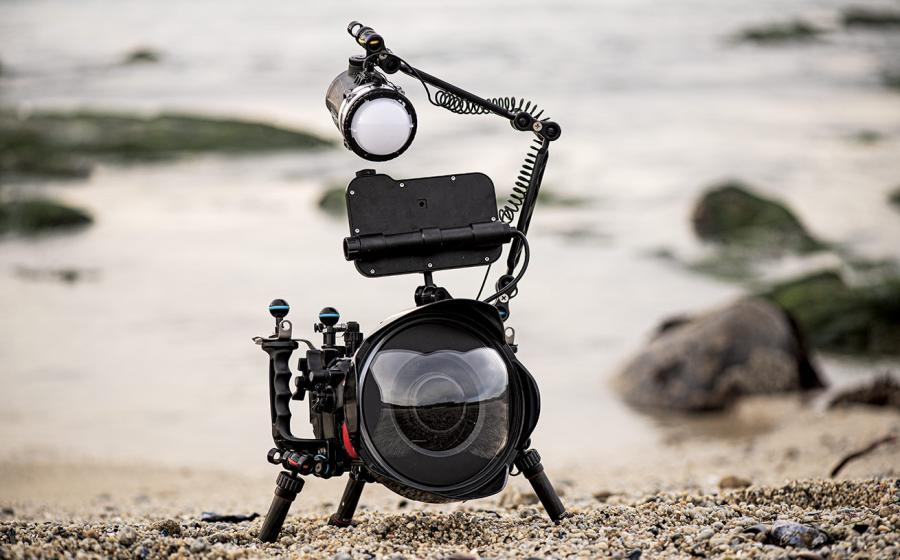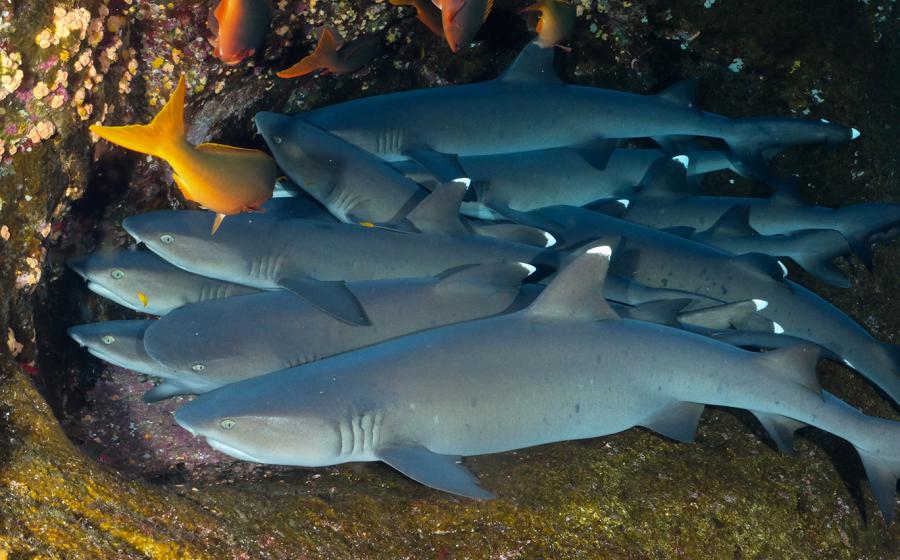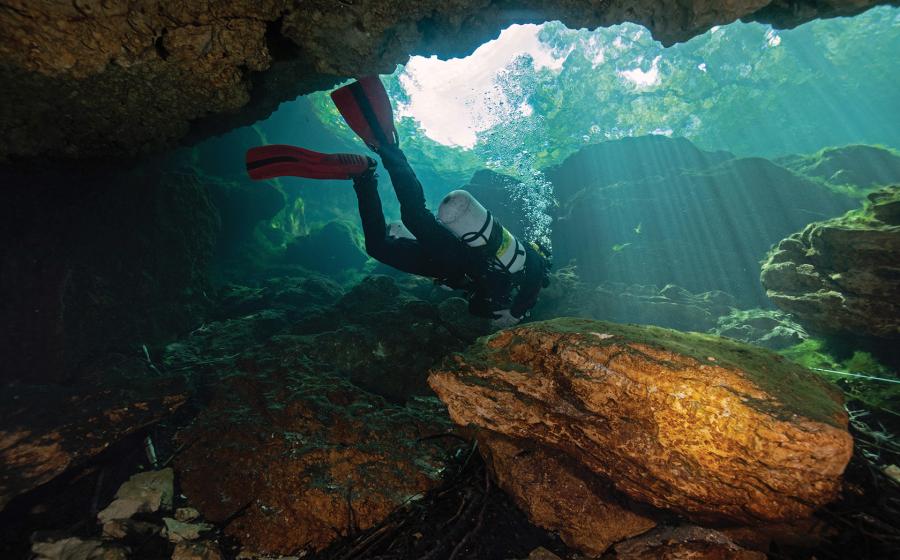Greenpeace: Ocean Warriors Series on Animal Planet
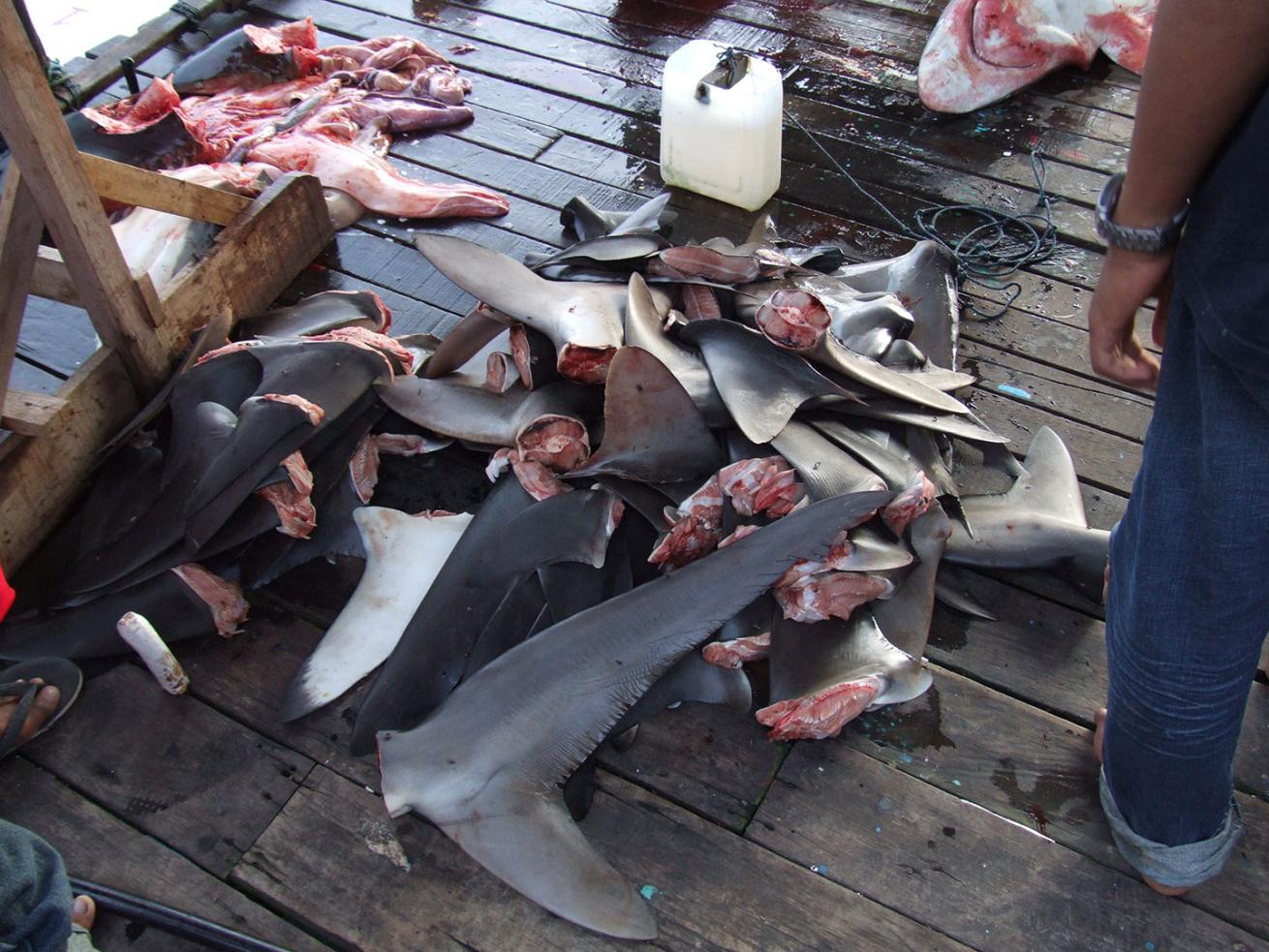
iStockThese sharks had just been finned when this photo was taken in Borneo, Malaysia. According to the conservation group Oceana, shark finning is one of the greatest threats to sharks. Shark fins are primarily used in shark fin soup. As many as 73 million sharks end up in the global shark fin trade every year, Oceana says.
The environmental activist group Greenpeace often finds itself at the center of controversy. Ask conservationists where they stand on the activities of Greenpeace and you’ll find very little middle ground. Either they applaud their aggressive tactics — dubbed “ecotage” — or they deplore them as publicity stunts. Wherever you fall on the spectrum, it’s hard to deny that the group has revealed — spectacularly, in its Animal Planet TV series Ocean Warriors, which aired last December — some of the most heartbreaking abuses of marine wildlife, especially the slaughter of whales and dolphins and the appalling practices of the tuna industry.
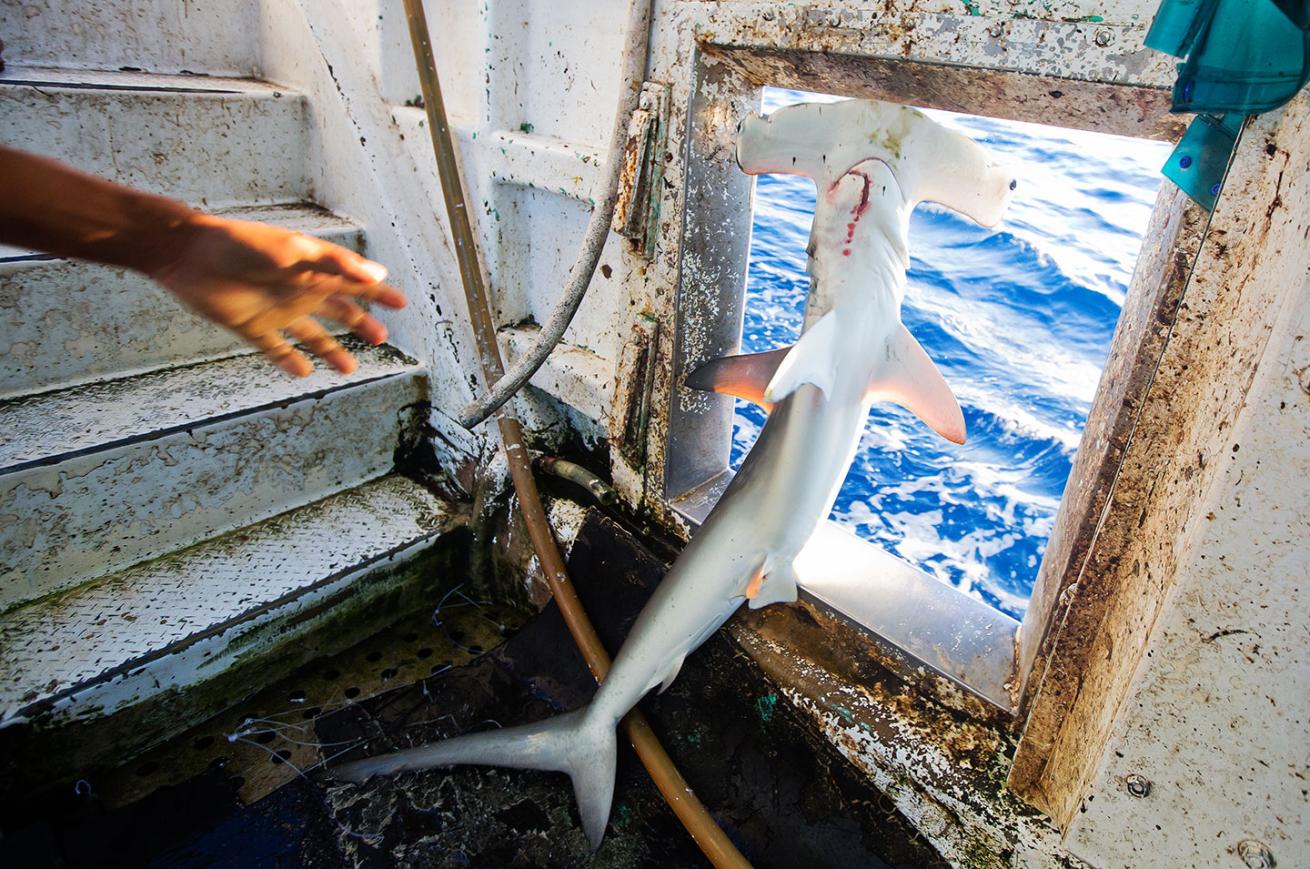
Paul Hilton/GreenpeaceA smooth hammerhead shark (Sphyrna zygaena) is thrown overboard from the Taiwanese longliner Sing Man Yi 6 in the Pacific Ocean. Greenpeace scoured the waters of the Pacific to expose the practices of tuna fisheries. Tuna fishing has been linked to shark finning, overfishing and human rights abuses.
Even Greenpeace describes its “warriors” as vigilantes in describing the stories in the Ocean Warriors series: “The young men and women of the Sea Shepherds chase a notorious, battle-hardened poaching ship through the dense ice of the Antarctic Sea despite the very real threat of violence and hazardous waters. In Tanzania, a conservation biologist strives to save the coral reefs from blast fishing, whose explosive impact could wipe out the marine life that sustains 18 million people. In the Pacific, Greenpeace patrols the waters for illegal shark fishing, exploring deep within a commercial vessel to discover a prolific and illegal bounty. An environmental journalist goes to Thailand, where illegal poachers are devastating a $7 billion national fishing industry as they pillage the ancestral fishing grounds. And, tragically, our vigilantes discover a vast human trafficking network of fishing slaves that extends from Africa to Indonesia.”
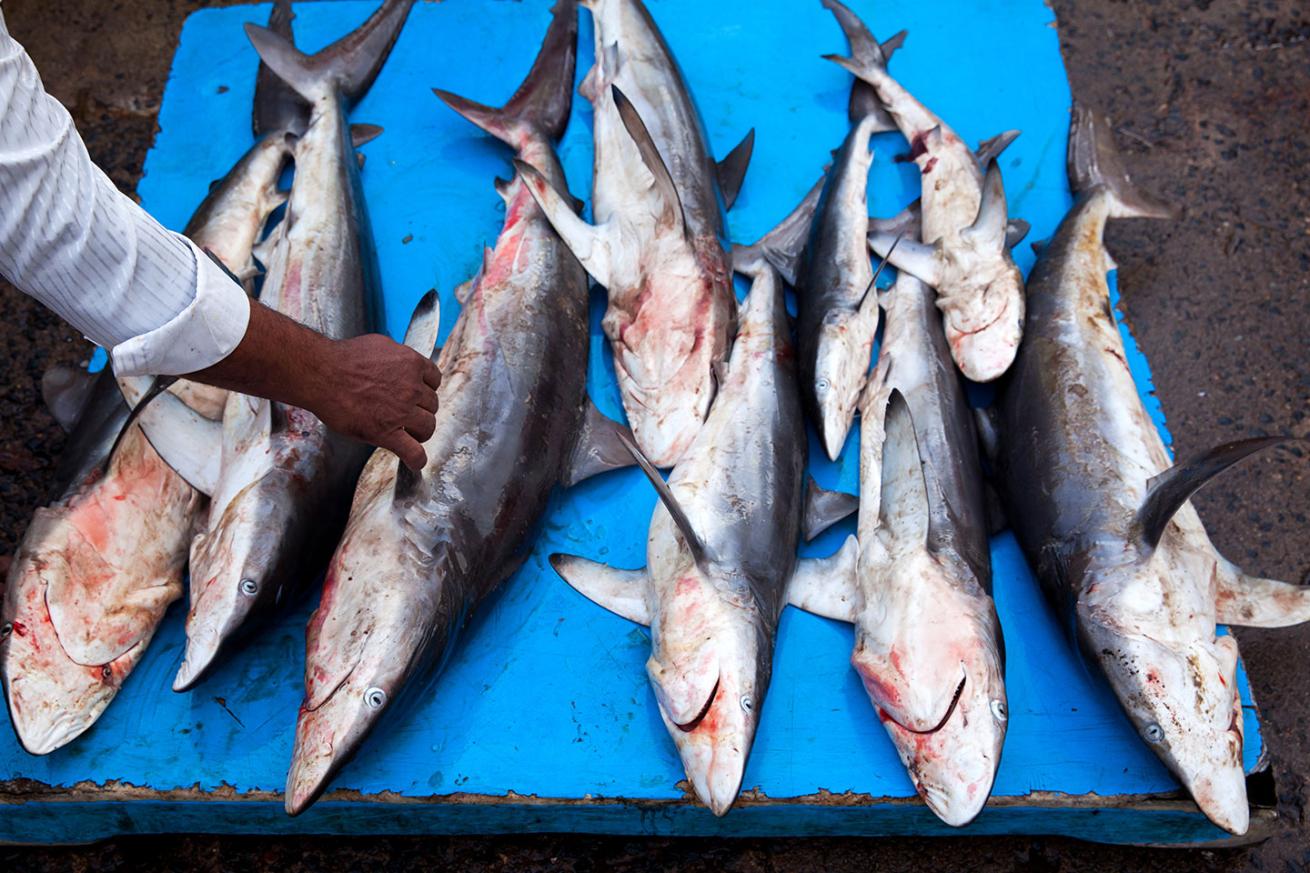
iStockDead sharks at a fish market in Beruwela, Sri Lanka, in the Indian Ocean.
Taiwan’s Fisheries Agency has proposed a new distant waters fisheries act, which Greenpeace East Asia says will be meaningless without enforcement. "No one wants to see the demise of Taiwan’s fishing fleets, but it is clear that a wake-up call is needed for the Taiwanese Fisheries Agency,” says Greenpeace East Asia. “This is not a failure of individual operators, but a failure of Taiwan’s authorities at the highest level.”
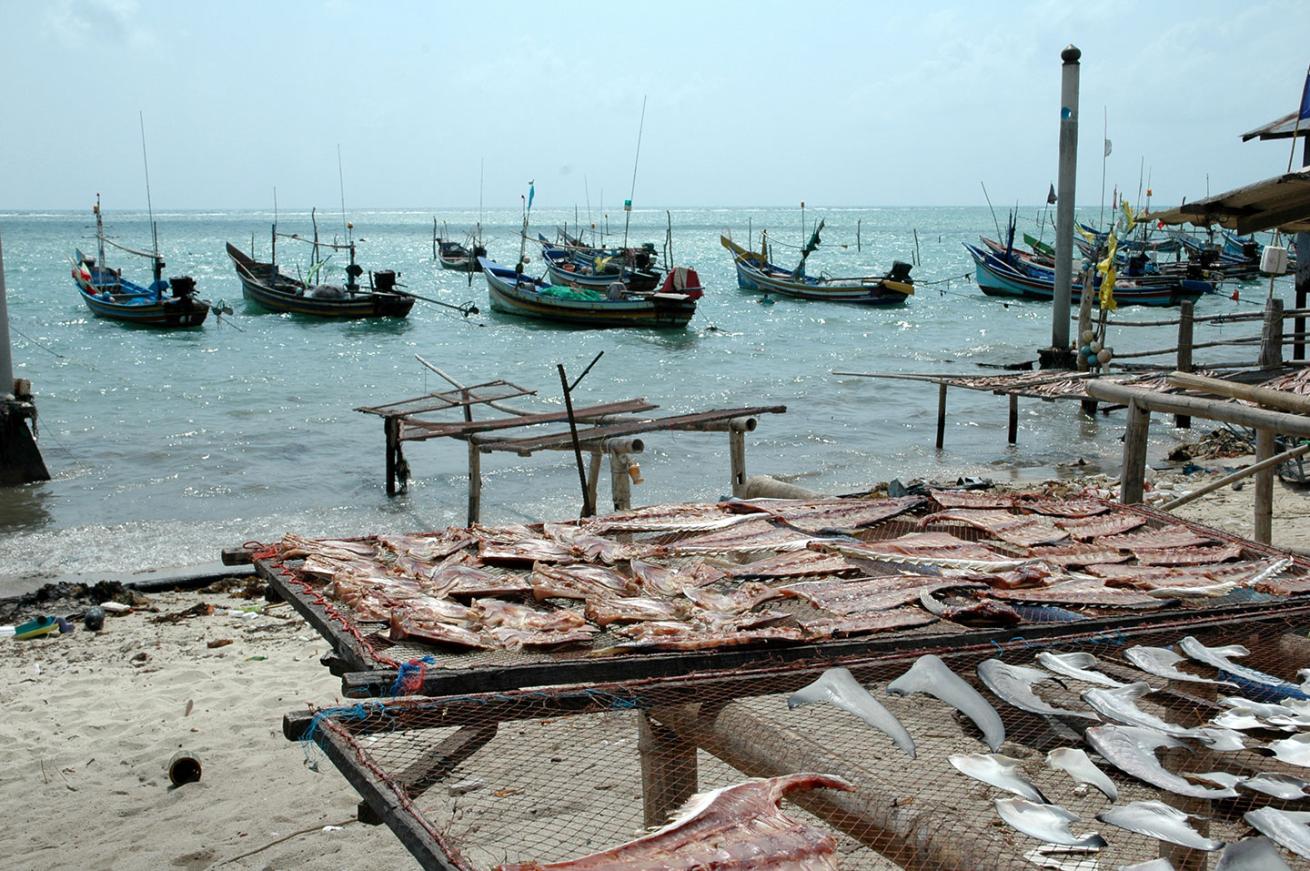
iStock/Veronica BogaertsFish market at a fishing village Hua Thanon in Koh Samui, Thailand.
Whale Wars aired on Animal Planet as a special in 2013 and a limited series in 2015. Ocean Warriors can be viewed with a subscription on Animal Planet’s Go site.


